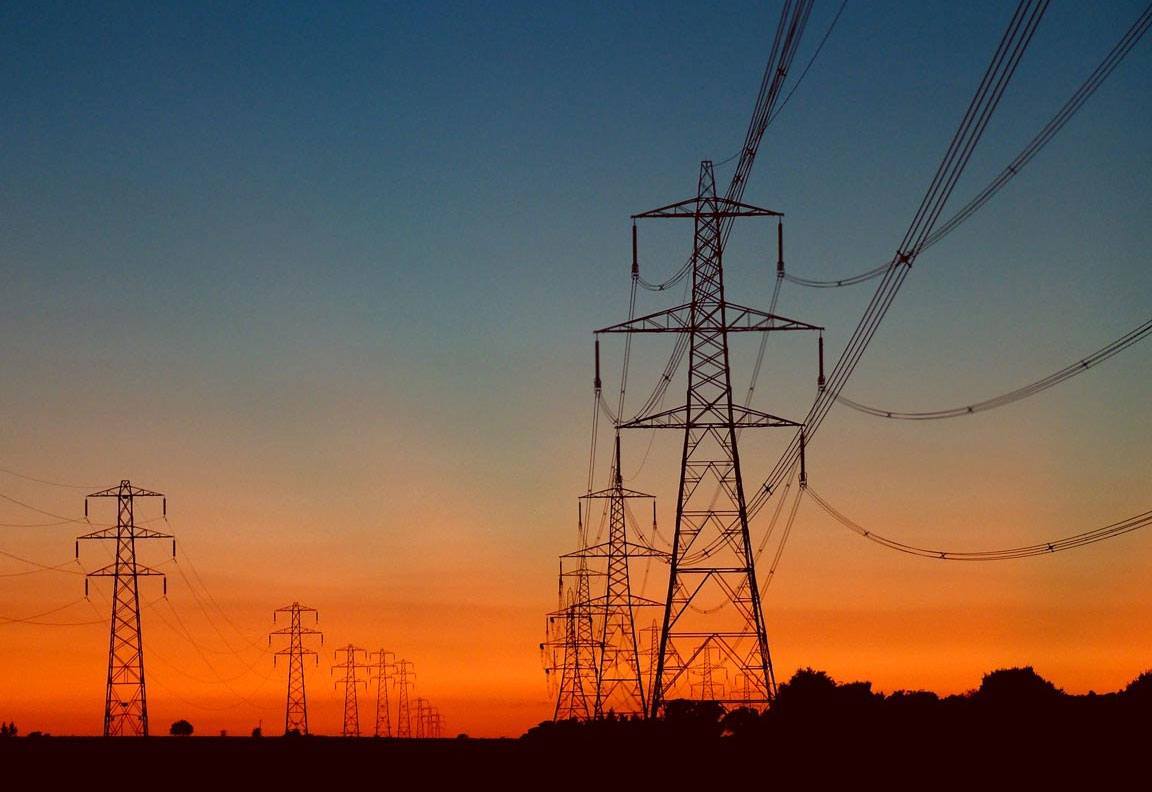
Electricity and water were restored to the flood-hit town of Chokwe in southern Mozambique and residents will be returned to their houses shortly, authorities said last week.
Reuters
But some low-lying areas will be closed off permanently to avoid repeats of the fatal floods which have killed 105 people and left more than 140 000 homeless since October.
“People who cannot go back to their homes, will be relocated to safer zones within the same district at no cost,” said Rita Almeida, a spokeswoman for the National Institute of Calamity Management (INGC).
The floods, the heaviest since devastating rains killed some 800 people in 2000, have left Chokwe, a town of 70 000 people, nearby towns and huge swathes of farmland completely submerged.
In Chokwe, now a ghost town, a handful of residents attempted to clean their houses and dry their meager belongings on top of roofs, fences and nearby trees.
While most of the flood victims are temporarily housed in camps in the region, many still do not have shelter, sufficient water or food, and are forced to sleep under trees or relief delivery trucks to escape the scorching heat.
“There is not enough water to take a bath, wash clothes or cook rice with,” said 17-year-old Beatriz Paulo, standing behind dozens of others at the water pump.
- Chamisa under fire over US$120K donation
- Mavhunga puts DeMbare into Chibuku quarterfinals
- Pension funds bet on Cabora Bassa oilfields
- Councils defy govt fire tender directive
Keep Reading
Aid groups estimate there is enough water for half of the people in the camp and food for two-thirds of the families.
“We have to break soap into pieces and it still isn’t enough,” said local emergency coordinator Xadreque Chiemei.
The United Nations estimates US$30 million will be needed for food shelter, healthcare and sanitation between now and July.
Following the extensive floods in 2000, the former Portuguese colony created the INGC and intensified efforts to give people sufficient warning and to better coordinate a response. The efforts were praised by the United Nations which said Mozambique had gone a long way since the last floods then.
Now that the immediate disaster is over, many wonder about how they will rebuild their lives, especially as most have lost everything to the floodwaters or the looting that followed.
“It was like a mob coming through,” said Pieter Ernst of World Relief.
“People cleaned out the shelves, took everything, tables, computers, chairs, curtains.”
People are still hesitant to return to Chokwe until the rainy season ends in mid-March.
Others, like Sergio Istoi, who relies on selling tomatoes, rice and maize for a living, refuses to return unless the state finds a permanent solution for the disaster-prone area.
“I don’t want to go back. This is the second time this happens and there will be a third. I’m going to lose everything again,” the 33-year-old farmer father of four said.
A permanent solution to Chokwe’s flooding problem, usually caused by excessive rain water surging down the Limpopo river from neighbouring South Africa and Zimbabwe, could be out of reach for Mozambique.











